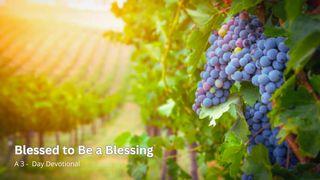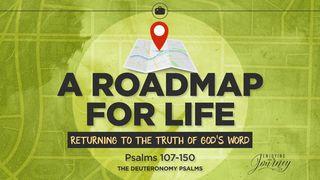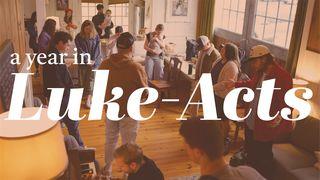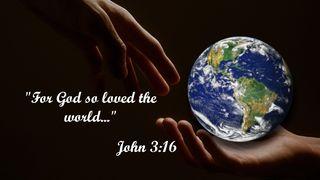Justice ParablesSample

The Sower
Rev. Dr. Marsha Brown Woodard
Palmer Theological Seminary
Help Wanted—Sowers Needed
Parables are such fun because each time you read them you get fresh insights. Depending on where you place yourself in the parable you see something different. Reading as the sower is different from reading as the seed. Today I am reading as the sower, the one distributing the seed. I see in the sower a both/and learning, two things that we must know at the same time because both are important to our understanding of this parable. First, we are to freely share and second, we are to realize and accept that everything we sow will not reach full development.
In the parable, the farmer sows seeds in a variety of places even though the seed will not grow. Farmers know that certain kinds of soil are more conducive to growth than others, yet this farmer plants anyway. I am sure that then, even as now, some farmers would only plant seeds in the best of conditions where there was a high rate of growth, but in this case, Jesus uses a farmer to teach us that there are times when you should plant in unlikely places, in the places where it looks like the seed will not grow.
I am reminded that in life there are times when it might look like a situation or place is an unfavorable setting for the sharing of God’s Word, but this parable reminds me that we are not called to determine the conditions, nor do we have responsibility for the seeds’ growth; we have simply been called to sow the seed. We are called to share everywhere; the condition of the soil does not determine if we sow the seed.
We can sow seeds in neighbors, workplaces, throughout the community, as well as with our family and friends. Some who hear the Word will respond well for a day or two but will quickly return to what they had been doing before. Others will read God’s Word and will like what they read until hard times come and what they have is taken away. But there will be some seeds that do take root in the hearts of some and grow strong. We are not the judge of the soil or the soil’s condition, we are not the judge of the seeds’ growth or growth potential; our job is simply to sow, to plant the seed, and leave the growing of the seed to God.
In the passage, the sower goes out day after day sowing seed. Our work, like that of the sower, is to go out day after day and sow the seeds of Scripture in the soil of our communities. We are to reach out to everyone; no one should be excluded. As the farmer in the passage did not just sow on the soil with excellent conditions, we, too, should demonstrate our willingness to sow in unlikely places. We can do this as we remember that we are only responsible for the sowing of the seed and not for its growth.
Questions
- The parable describes different kinds of soil. What would be a reflection of those soils in your community?
- Can you think of a time when it was hard for you to leave the growing of a seed to God?
- If you told this parable from a seed’s perspective, how might the seed tell the story?
Scripture
About this Plan

Being part of the Kingdom of God should shape our personal character—and our public roles. But how? “Jesus’s Parables on Justice” features the reflections of 30 Philadelphia pastors on 11 parables that illuminate the Kingdom. The pastors help us ask good questions about these surprising stories to guide us in putting Jesus’s words into practice. Read Jesus’s words. Consider the questions. See what God says to you.
More
Related plans

Fruit of the Spirit Christmas Plan

Navigating Challenges in Christian Friendships and Relationships

Get Your Life Back: Everyday Practices for a World Gone Mad by John Eldredge

Blessed to Be a Blessing

A Road Map for Life | Returning to the Truth of God's Word

A Descended God

The Desire for Control

Raising Money-Wise Kids: A Parent's Guide to Biblical Money Values

A Year in Luke/Acts
